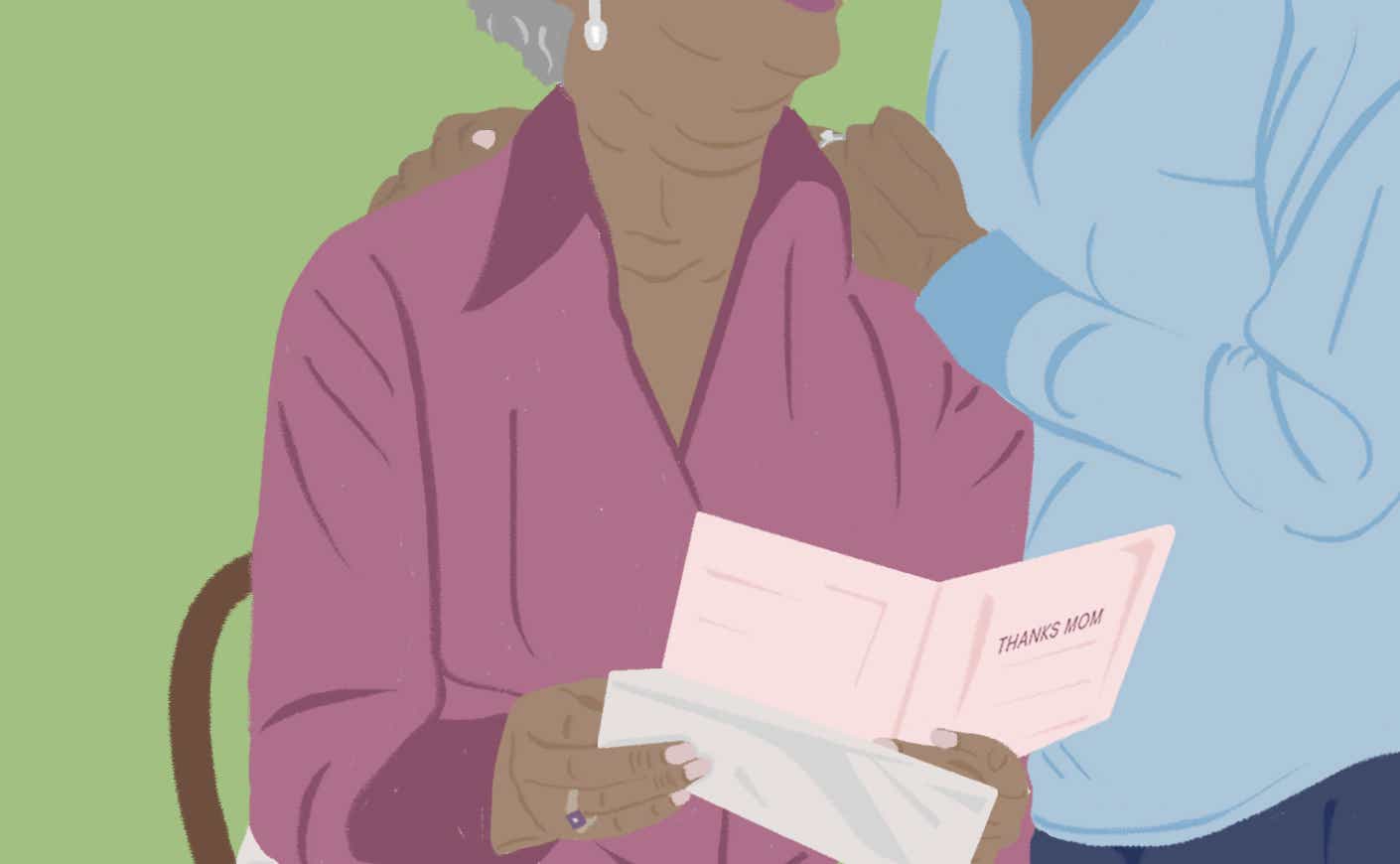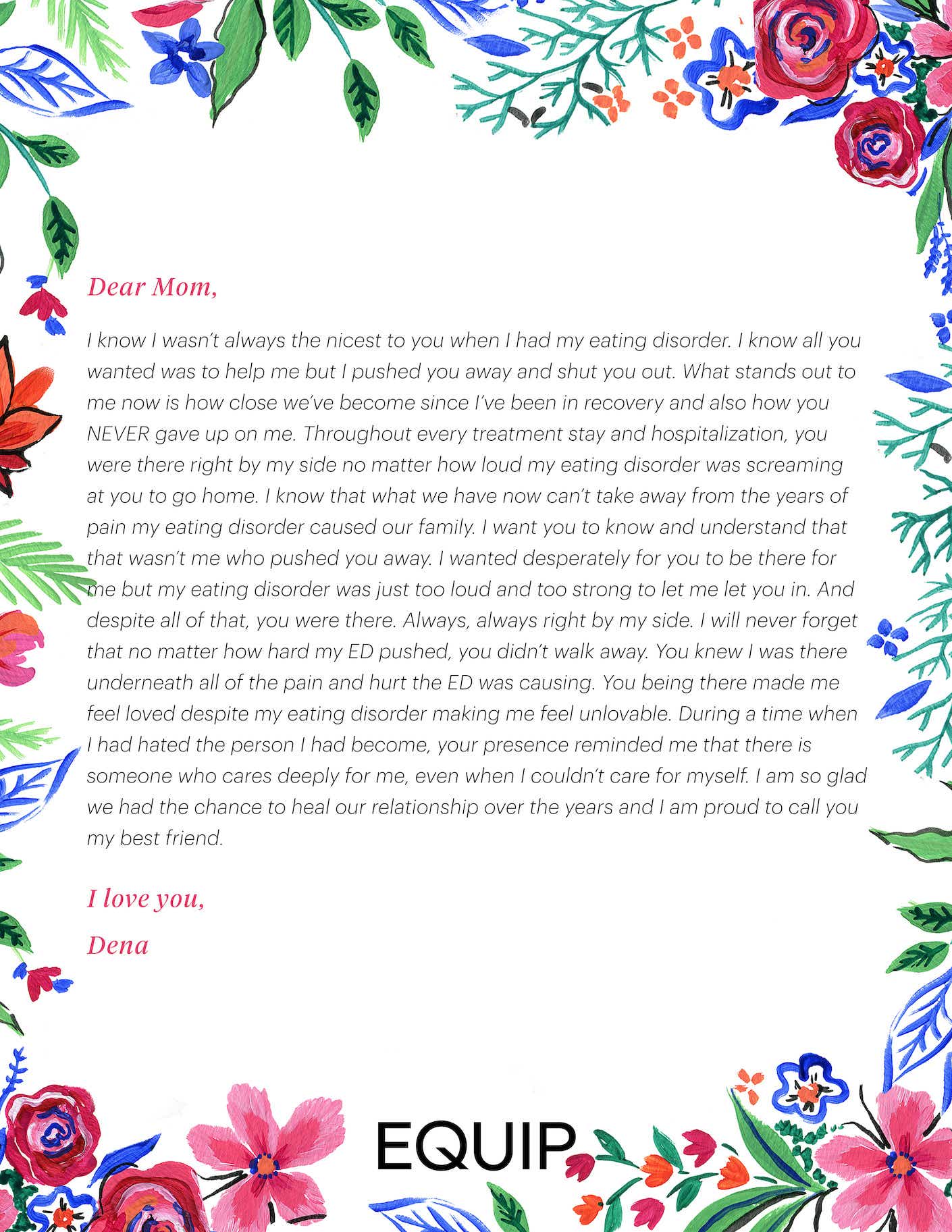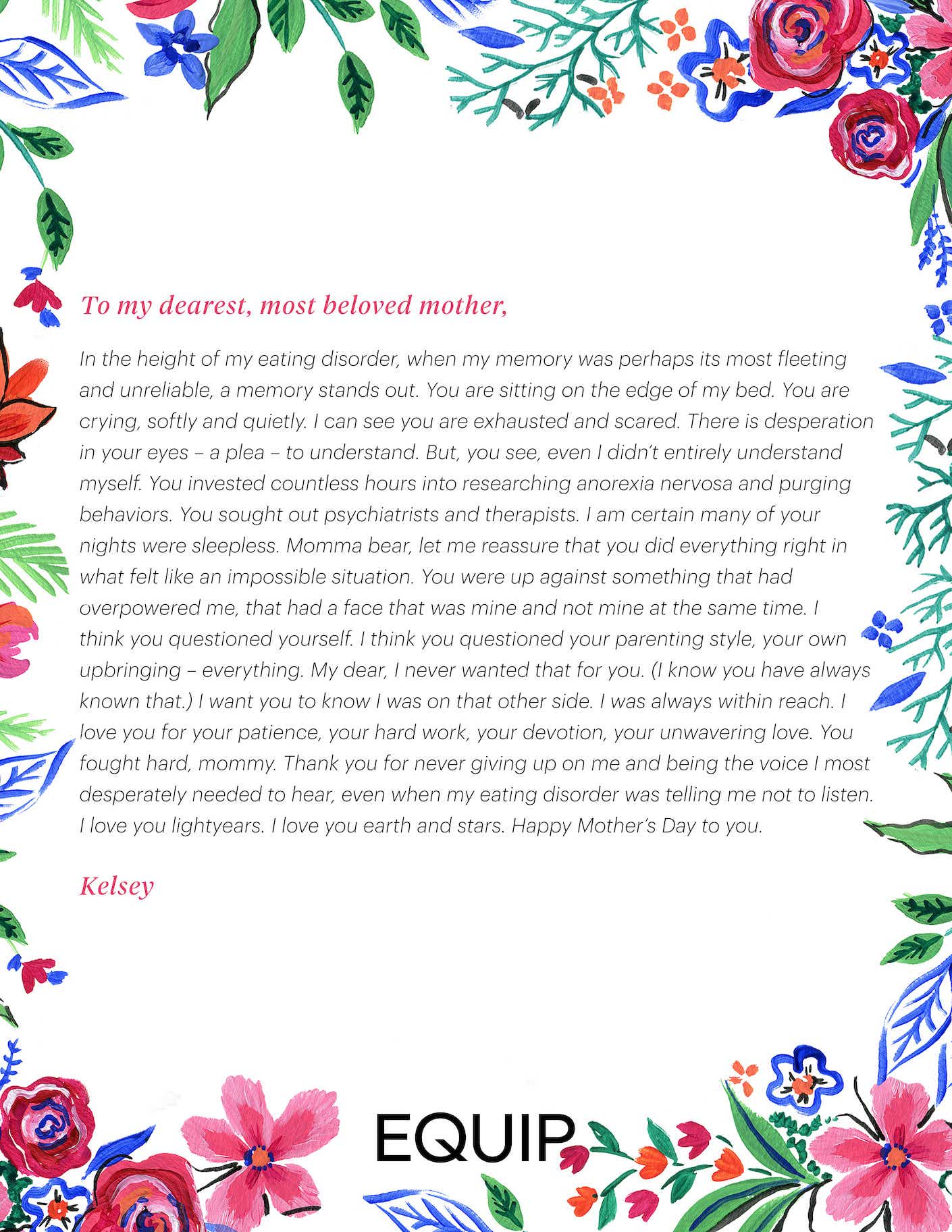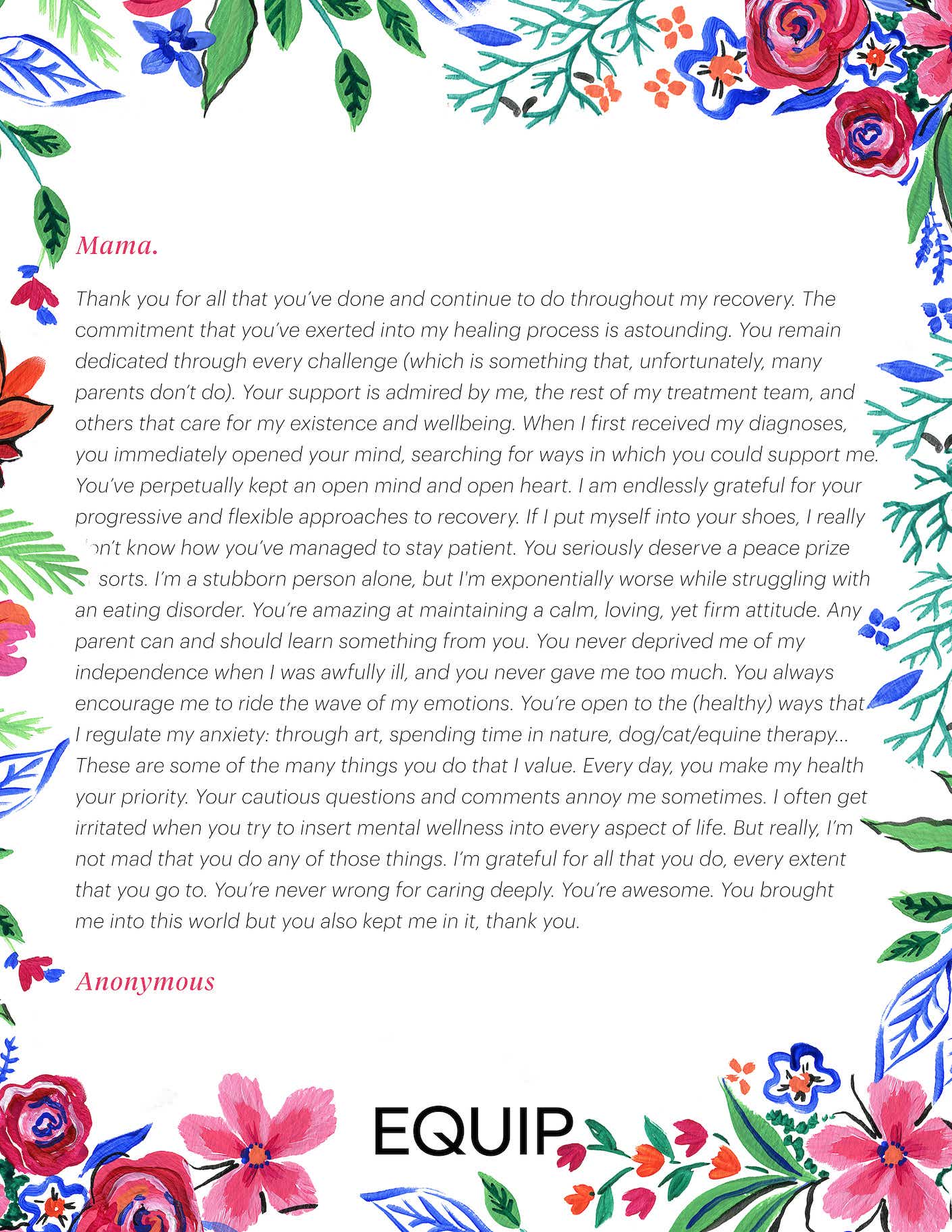If there’s one thing we can all agree on, it’s that most moms don’t get enough thanks for all they do. Whether they’re staying up all night to help with a last-minute school project, working two jobs to put food on the table, or taking care of those who need them most, moms deserve to be celebrated way more often than just one Sunday a year.
This Mother’s Day, we want to recognize the moms who’ve supported their kids through the darkest of times. As mental health issues like eating disorders continue to rise among kids and teens, parental involvement can be transformative — anyone who has struggled with an eating disorder with a caring mom by their side can attest to how powerful their support can be.
“Parents and other caregivers are absolutely central to full recovery,” says Angela Celio Doyle, Ph.D., senior director of clinical supervision at virtual eating disorder treatment program, Equip. “Eating disorders overpower young people, and parents are the force needed to rescue them from these terrible illnesses, especially when they don’t want to be rescued.”
In the past, there has been undue and unhelpful blame attributed to mothers for their potential role in eating disorders. While we know that there is a significant genetic component to these disorders, eating disorders are brain disorders that are not caused by mothers — or by any one factor, for that matter. More importantly, moms and maternal figures are often the guiding lights and sources of hope that propel their kids through recovery.
What the science tells us about moms supporting wellness
“For someone recovering from an eating disorder, one of the truest allies is their mom,” Dr. Doyle says. “They are often relentless in working to support recovery, putting themselves on the front line against the terrorist that has taken over their child’s brain.”
Parental involvement has proven to be such an essential part of successful ED recovery for young people that Equip has based its treatment model on that principle, then amplified that concept by appointing a full care team, including medical providers and peer and family mentorship. Family-Based Treatment (FBT), in which families play a critical role in the recovery process, has been shown to have the largest evidence base for successfully treating adolescents with eating disorders.
Thanking moms who’ve made a lasting impact
To celebrate some of the moms who have made all the difference in their kids’ treatment, we asked people in eating disorder recovery to write letters to their moms. The result is an outpouring of love, gratitude, and recognition for an incredible group of moms who’ve advocated for and supported their kids through unimaginable circumstances.
Saying thanks to all supporters
While Mother’s Day is a time to pay homage to moms and mother figures, it’s also a perfect excuse to show appreciation for all the other indispensable caretakers who’ve filled a critical support role for those in recovery. “While moms can be such an enormous resource, not everyone has someone like that in their lives,” Dr. Doyle says. “The fierce love of a father, aunt, sibling, close friend, or other trusted person can be the light and energy that helps in recovery.”



















